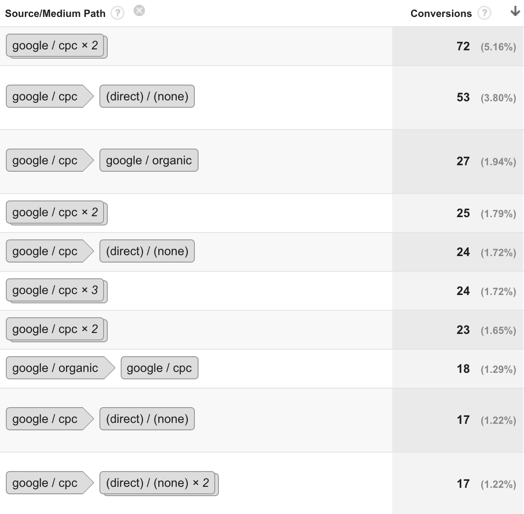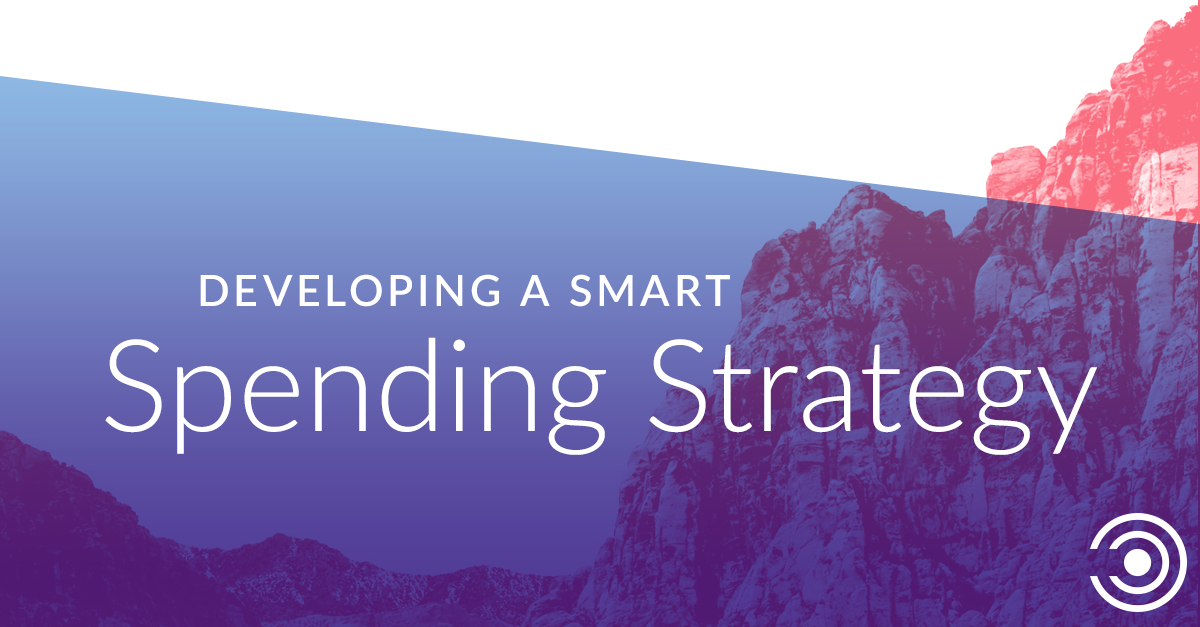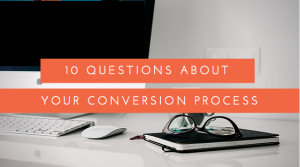How to Know if Your PPC Program is Working – an Attribution Primer

PPC success hinges on more than a linear click to conversion ratio. In today’s world, it’s learning how to align PPC clicks in a holistic attribution model.
A common question we receive from current and prospective clients at Adept is whether Pay Per Click (PPC) will work for them.
The short answer is almost always yes. Here’s why—and how aligning attribution makes the case even more clearly.
The Rise of Attribution
The beauty of PPC is that you can tightly control how much you spend—meaning, there is no minimum. Whether you want to invest a few dollars or tens of thousands per day, that’s your choice.
PPC can be right for anyone—as long as you have the proper tools to measure success. Success (which can be gross sales, gross leads, phone calls, or any other measure) is best determined by the OVERALL performance, rather than individual channel performance in a vacuum.
This, in essence, is the idea of attribution.
In the nascent days of online advertising (up until the last few years), businesses tended to look at their online advertising in silos. They would ask themselves, "Is PPC profitable?", "Is SEO profitable?", or "Is Social profitable?" If one channel’s ROI isn’t up to snuff, cut it. That was the traditional thinking behind optimization. Those days are gone.
Now, with the growing understanding of attribution, the importance of looking at businesses in a holistic sense has become more relevant.
The Role of Attribution in PPC Lead Generation
According to Salesforce, it takes six to eight “touches” to qualify a lead.
Therefore, with PPC lead generation clients, it is highly unlikely that one click will lead to one lead.
We see this with retail businesses as well. This is a view of the top 10 conversion paths for a luxury goods retailer:

This data shows that the most common path to a conversion was two clicks in adwords. This means there were 72 instances of a keyword being clicked on without getting credit for a sale.
Without attribution, someone looking at the data on a keyword level may conclude that those were inefficient clicks.
Using basic attribution, however, it might be premature to deem them “bad” keywords. In addition, 138 conversions started with a click on a PPC ad but ended with another channel (Direct or SEO) getting “credit” for the sale.
The Danger of Tunnel Vision
One of the lead-gen based clients I manage struggled occasionally with PPC when PPC ROI was viewed in a vacuum.
However, overall sales goals for many franchisees for this client were met, and exceeded, because of efforts in traditional lead gen, SEO, and PPC.
This is a perfect example of attribution at work—even if sales or leads don’t come in attributed to PPC, the chance that someone clicked on an ad earlier, or saw an ad that led them to pick up the phone, is something that must be considered before declaring that any one channel doesn’t work.
So before cutting that PPC budget, consider first how your ads are supporting the customer journey. Put attribution into practice.

